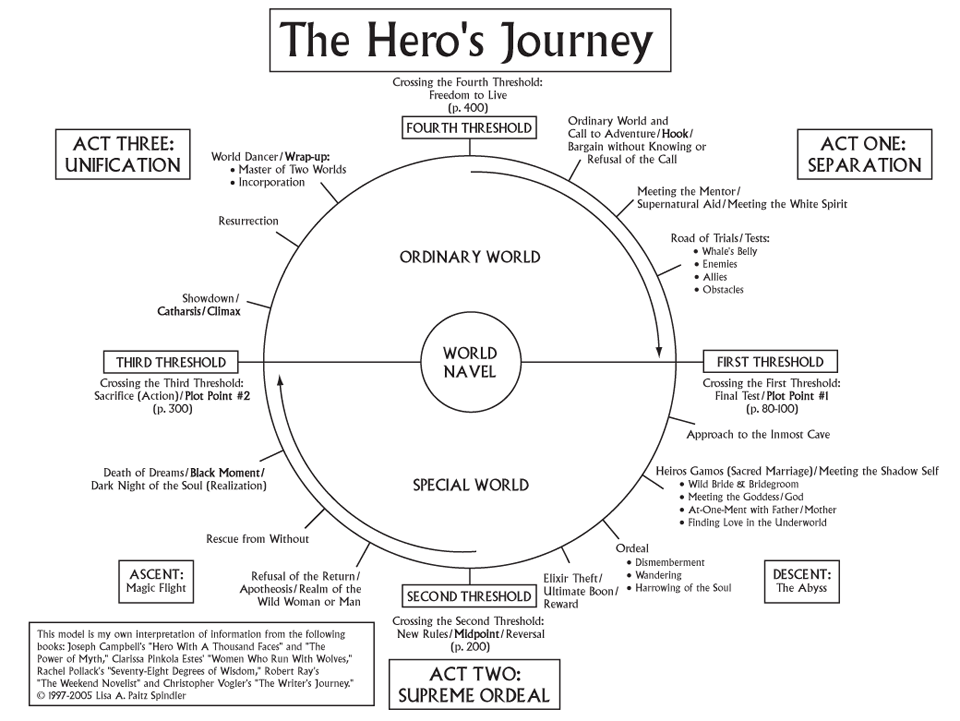I’m away, spending time with family. I’ll be back next week!
Monthly Archives: September 2023
Writing hope
I’m trying to think of times in my stories when my characters feel hopeful, or when they dream big. I’m struggling.
Continue readingAll Ornamentation Must Be Load Bearing
Given my druthers, I overwrite.
Overwriting is the only way I can get the words out. If I think about what should or shouldn’t be on the page, everything gets gummed up. So when I’m being productive, words pour out and I don’t bother sorting which ones should stay.
I get lots of practice crossing out the wrong words.
Rewriting Bury’em Deep was a big step. I cut it (with wonderful help from Story Boyle) from ~70k down to ~45k and then built back up to ~50k. That showed me what was possible, in much the same way that writing my college thesis reassured me that I could write a large text in the first place.
My World Seeds keep my editing in shape. For those, I regularly crop sections running between 1.5k and 2k down to 750 words. I sometimes worry that I’m losing a little of the magic I want, stripping something special out of my World Seeds in the process. Mostly I feel accomplished.
Plus, if I want to fit my text in my template I need to make those cuts.
All this practice does have some side effects, of course. I now regularly want to strike out chunks of text from the fiction or RPG books I read. I want to strip them down, reshape them, clarify them. I know that I’m enjoying a book when I stop thinking about editing it. I know a book is really good when I feel like every piece of text is doing important work.
That comes back to a phrase I came up with while working with my friend Story: “All ornamentation must be load bearing.” Shit, I guess that’s the title of this post now. The phrase came out mid-crit session, and stuck with me clearly enough that I inked it onto my clipboard. I refresh it every time it fades.
All this cutting and shaping is trickier when editing other people’s work. It takes time to learn their voice—my editing is harmful if I homogenize their style, or replace it with my own. Sometimes pieces are meant to be wordier—but that’s usually period pieces, or something mimicking a specific style. If you want to stay wordy, you need good reasons.
Why am I writing about this now?
Easy: I did it again this week, paring 1.6k down to 860 words in one pass. I’ll cut around 100 words more before I’m finished with that section. I have another chunk, about the same length, that I’m about to start trimming down to roughly 750 words. I’ve got editing on the brain.
The flip side is that it’s difficult for me to switch quickly from editing to writing and back again. I need to separate the activities. With enough of a break, I can do both in the same day. More often, I hyperfixate on one and don’t look up until I’m bleary-eyed and hours have disappeared.
Let’s see if I can get back to editing.
Portals and the hero’s journey

I figured out what I like about isekai and portal fiction—and why some of it feels so bad.
The portal fiction I love most plays with the hero’s journey. It is, at its core, about characters traveling into the unknown and experiencing growth through trials and tribulations. It’s the same pattern that so much adventure fiction I love adheres to.
The hero’s journey puts a big emphasis on coming home to confront the ways one has grown (in the image above, the Act Three segment saying “Master of Two Worlds” & “Incorporation”). But it’s confronting that growth which is the important part; what home you’re coming home to doesn’t particularly matter, as long as the recognition, confrontation, and resolution with past-self happens. The hero could literally return to their home world, or recognize any space within their new world as sufficiently home-like to be their new home—as long as they have that final confrontation and resolution.
And that’s the thought I had when everything clicked.
Continue reading